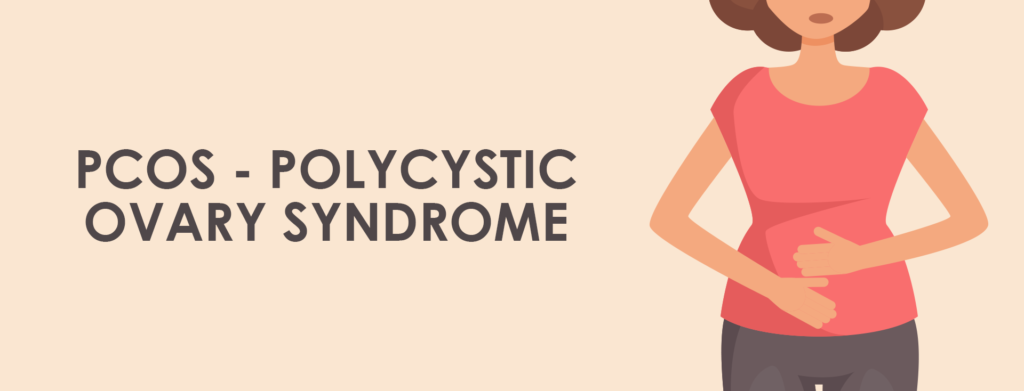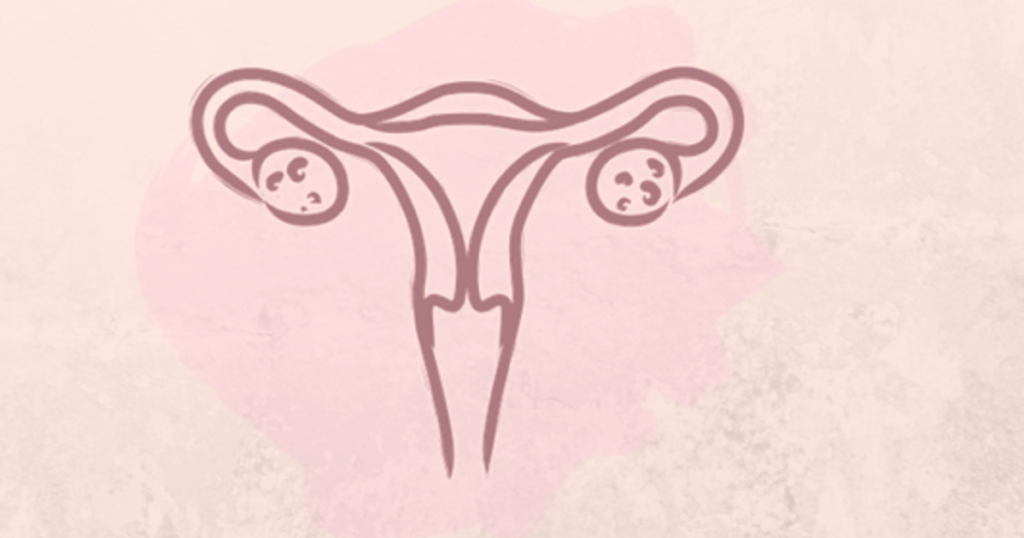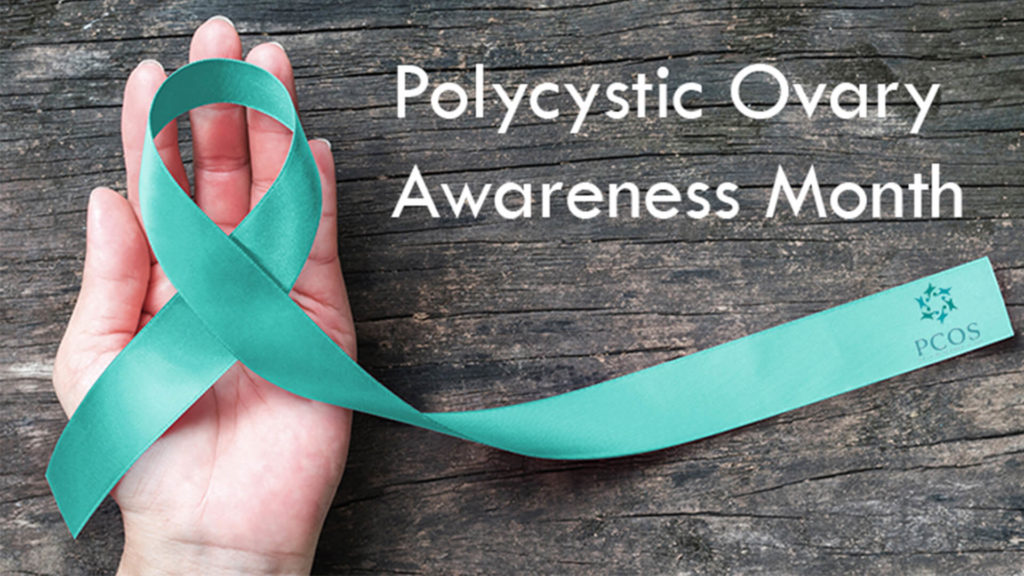If you have ever suffered from irregular or absent periods, hair growth in unfavorable areas, weight loss problems or mood disorders such as depression or anxiety, it’s time to make an appointment with your doctor. This is an indicator of PCOS, a chronic disease that affects millions of people with ovaries and leads to health complications if left untreated. I recently read an article on PCOS and how most women are affected without knowing it. It is often under-diagnosed. September is PCOS Awareness Month, and it was fate that made me read this article. There is a website dedicated to PCOS awareness, and events are always organized there. The association provides support to people diagnosed with PCOS in order to help them overcome the syndrome and reduce the impact of associated health problems.

Overview of the Association
PCOS or Polycystic Ovary Syndrome is a hormonal disorder that is common in women of childbearing age. Women affected by PCOS are said to have a cluster of symptoms due to high levels of androgens (male hormones) in women. PCOS is a common hormone-related condition in which the ovaries do not always release an egg at the end of the menstrual cycle. It can also lead to difficulties in achieving pregnancy. If you have polycystic ovaries:
- Your ovaries are slightly larger than normal.
- You have more follicles, which are the fluid-filled sacs on the ovaries that release the egg when you ovulate.
Symptoms
If you have polycystic ovaries, it does not mean that you have PCOS. You will need to be tested, especially if you have the symptoms:
- Irregular Periods Or No Periods At All
- Difficulty Getting Pregnant Due To Irregular Ovulation Or Lack Of Ovulation
- Excessive Hair (Hirsutism) – Usually On The Face, Chest, Back Or Buttocks
- Weight Gain
- Hair Thinning And Hair Loss From The Head
- Oily Skin Or Acne
It is associated with an increased risk of developing health problems such as type 2 diabetes and high cholesterol levels.

Causes
There is no exact cause of PCOS, as many factors can play a role:
Excess insulin is a hormone produced in the pancreas that allows the cells to use sugar, your body’s main source of energy. Your cells become resistant to the action of insulin, your blood sugar level may increase and your body produces more insulin. There may be an excess of insulin which can increase the production of androgens, causing ovulation difficulties.
Low-grade inflammation – Used to describe the production by white blood cells of substances to fight infection. Some research shows that women with PCOS have a type of low-grade inflammation that stimulates the polycystic ovaries to produce androgens, leading to hearing and blood vessel problems.
Heredity – It is suggested that specific genes may be linked to PCOS.
Excess androgens – The ovaries can produce abnormally high levels of androgens, leading to hirsutism and acne.
Treatment of PCOS
There is no exact cure for PCOS, but the symptoms can be treated. If you suffer from PCOS, you are overweight, try to lose weight and follow a healthy, balanced diet that will help alleviate some of the symptoms. Some medications are available to treat symptoms such as excessive hair growth, irregular periods and fertility problems. If these fertility medications are not enough, a simple surgical procedure called ovarian laparoscopy (LOD) may be recommended. It may involve the use of heat or laser to destroy ovarian tissue that produces androgens, such as testosterone. With proper treatment, most women can become pregnant.
To decrease the effects of PCOS:
- Maintain a healthy weight. A diet can reduce insulin and androgen levels and may eventually restore ovulation. You can ask your doctor to establish a weight control program and meet regularly with a dietitian.
- Limit carbohydrates, which increase insulin levels. Your doctor can give you a low carbohydrate diet if you have PCOS.
- Exercise lowers blood sugar levels. If you have PCOS, your daily activity and participation in a regular exercise program will treat or prevent PCOS. If you have PCOS, your daily activity and participation in a regular exercise program will treat or prevent insulin resistance and help you control your weight and avoid diabetes.
Now that you know all about PCOS. There are many tests you can take to diagnose if you have PCOS with caution.


